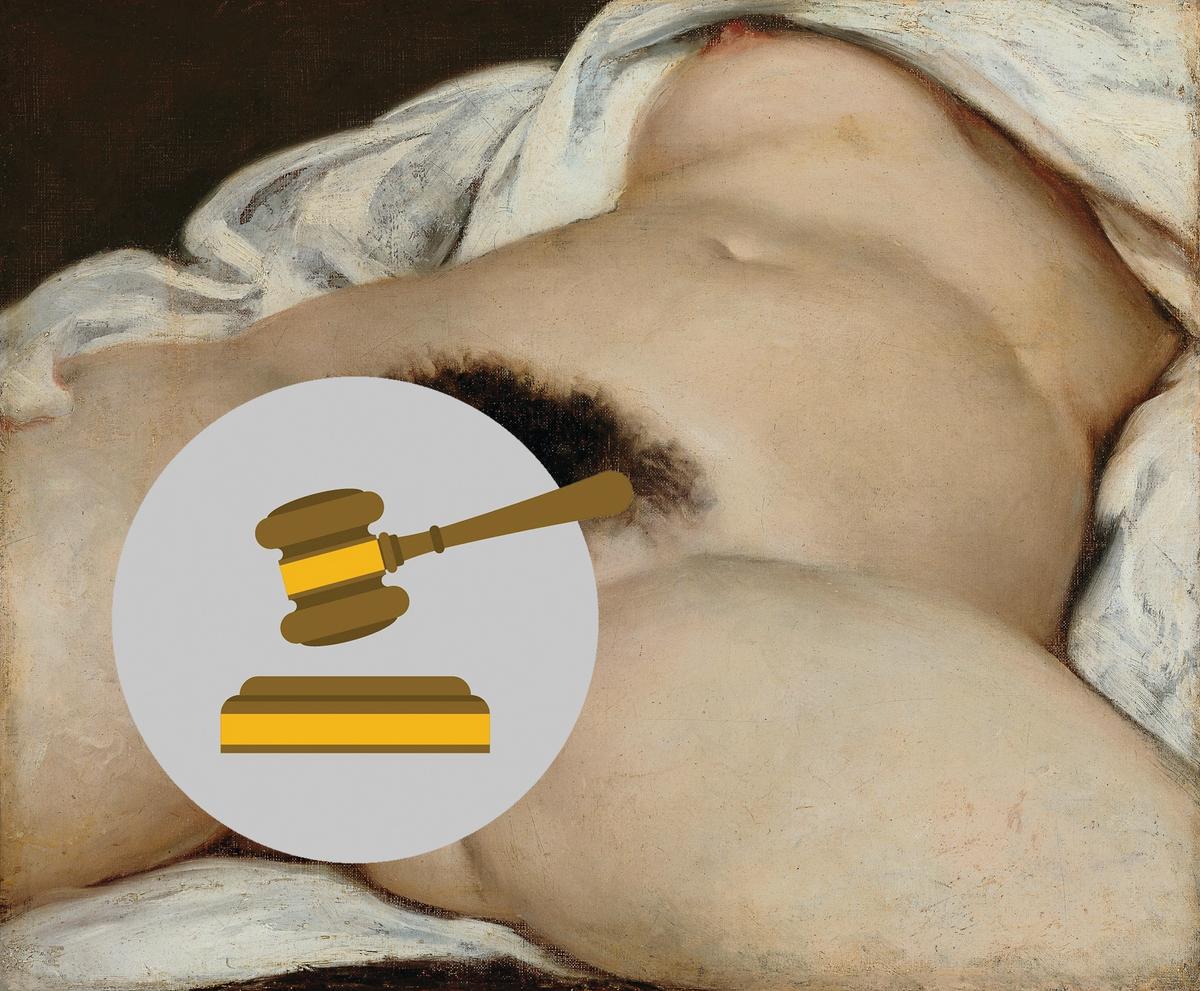Yesterday (15 March), a Paris civil court issued a mixed ruling in a years-long legal brought by the French schoolteacher Frédéric Durand-Baïssas against Facebook over censorship claims, finding the social media giant at fault but dismissing any damages. Durand-Baïssas says the social media giant closed his account in 2011 because he posted L’Origine du monde (The Origin of the World, 1866), an explicit full-frontal female nude by the French painter Gustave Courbet.
The court—which heard arguments in the case last month—stated in its written ruling that Facebook failed to fulfill its contractual obligations towards the user, since it deactivated the account “without giving Frédéric Durand a reasonable period of notice and without specifying the reasons for this deactivation”.
It also ruled that contracts between Facebook and French users are bound by French consumer law, and that legal disputes between French users of Facebook and the social media company fall under the jurisdiction of France, not California where Facebook is based, setting a legal precedent.
However, all of Durand’s demands were dismissed. Durand’s claim that Facebook closed his account because he posted the image was “unfounded”, the ruling says. It also denied him the €20,000 in damages he was seeking, since he did not prove his claim that he lost the contact information for hundreds of Facebook “friends” and was able to open a new account on the site the same day.
Durand has also since posted L’Origine du monde on this new account, which has not been deactivated. Following a policy change, the social media site now permits images of art depicting nude figures, although some works continue to trigger its censorship algorithms, including most recently the 30,000 year-old Venus of Willendorf.
In a statement made yesterday, the director of public affairs for Facebook France and Europe, Delphine Reyre, said that Facebook had taken note of the ruling and also reiterated that the painting absolutely has a place on the site.
Durand’s lawyer Stéphane Cottineau, meanwhile, told the AFP: “We will continue to fight,” evoking the principle of freedom of expression. But he went further, defending the content of the painting itself. “We cannot treat major artists like pornographers, especially regarding this painting, which is a hymn to the woman.”


